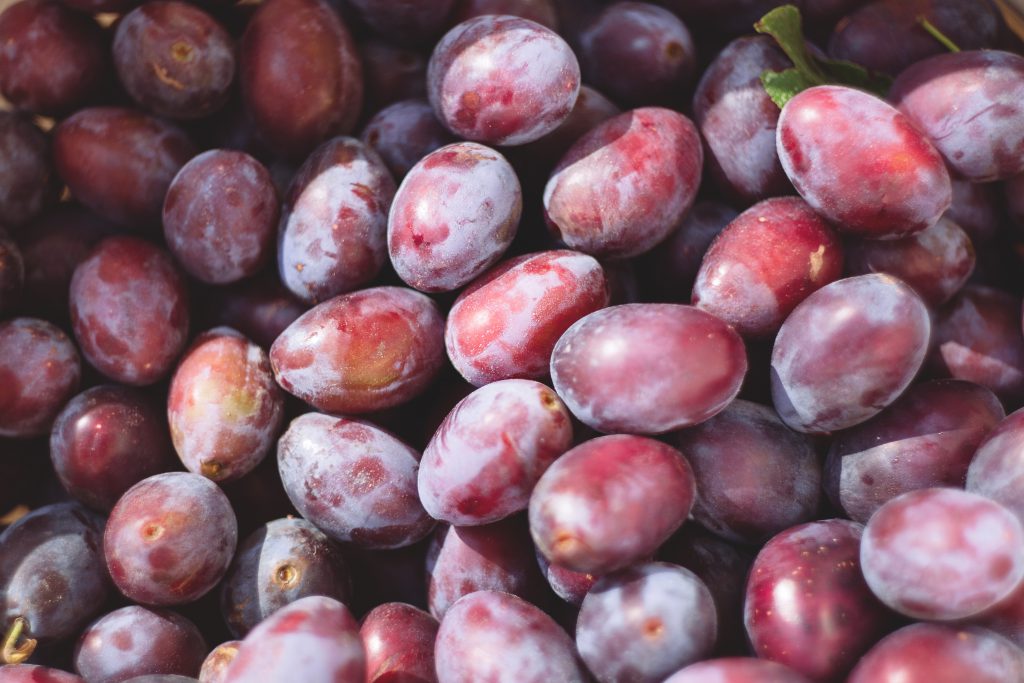
If your garden shed is far from your garden, try to carry your frequently used tools with you. This will save you time by helping you avoid making many trips to your shed to get tools. If you will need more tools than you can carry, you could consider using a wagon or a bucket to hold all of your tools.
Plant synergistically. To naturally repel pests, plant marigolds near nematode-sensitive crops like tomatoes and potatoes. To improve growth, plant legumes near plants that can benefit from the nitrogen they produce. Intersperse pungent plants like herbs and onions, whose scent can repel bugs and animals, with other unscented vegetables.
To help spread mulch easily, you can use a flat-head rake or a bow. If you are using a rake, you should use the rakes tined edge to pull and spread your mulch. Use the flat side of the rake to even your mulch on the bed. You will want to use a light push then pull action.
You are now well-equipped with insight on creating an organic garden. If you thought that you were ready before, well you should now be an expert! These tips should get you started, and with some ideas of your own, you should have a thriving, beautiful garden in no time.
When starting your organic garden, don't forget to plant companion plants. Companion plants are like very friendly neighbors. They can enrich the soil and keep pests away from your other plants. By planting them together, you can avoid the use of harmful pesticides or artificial fertilizer products.
While Mother Nature will eventually do the work needed to create compost from a backyard pile, even if it is not actively tended, you can give her a helping hand by adding compost starter to the mix. Compost starters, available from the garden centers, add microorganisms to the soil that help speed up the decay process.
When first growing a garden, attempt to put as much effort into the first bed as possible. Land that hasn't been used for a while needs an
overhaul to begin changing into a viable spot for plants. Usually these regions either lack the right nutrients or consistency of soil. If you plan to make a garden out of patch, make sure that it has all the right pre-conditions to planting.
Making your own compost for organic gardening is extremely simple and easy to do. It provides soil of gardens with rich nutrients and keeps soil cool during summer months. You can use kitchen waste, sawdust, aquarium water, coffee grounds, tea leaves, rabbit or hamster droppings, a thin layer of lawn clippings, spices and eggshells in your compost.
Organic gardening is often very, very difficult to accomplish, however, with the right knowledge and skills anything is possible. With the accomplishment of growing an organic garden, the reward is well worth the time learning how. This article will provide you with the information you need to know about organic gardening.
When starting an organic garden, test the pH level of your soil. You need to know the pH level of your soil in order to choose the appropriate plants that will grow in it. For example, plants that favor an alkaline soil will not do well in acidic soil. Test kits can be purchased to test the pH level of your soil.
Make
liquid fertilizer for garden fertilizer from your compost. By adding a little bit of water to the biological decay, you can harvest the nutrient rich concoction and spread it on your plants in an efficient way. By fermenting the compost with about an equal amount of water can give you a great form of
liquid fertilizer for vegetables liquid fertilizer for vegetables that will help promote growth without negative side effects or toxic run-off.
While Mother Nature will eventually do the work needed to create compost from a backyard pile, even if it is not actively tended, you can give her a
helping hand by adding compost starter to the mix. Compost starters, available from the garden centers, add microorganisms to the soil that help speed up the decay process.
A great tip when participating in organic gardening is to always wash your containers. This is needed so that you will protect your plants from getting any diseases. You should wash them in warm, soapy water, and then rinse using a diluted solution of bleach and water.